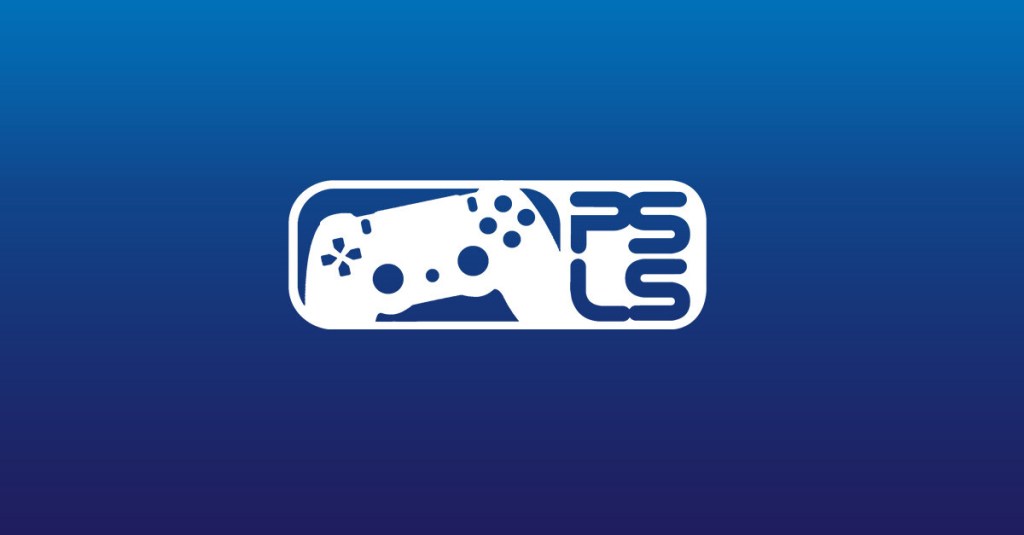![]()
Everyone here should know by now that I’m a huge fan of Q-games and their work on PSN titles, so needless to say I hunted their games down at E3 like a troll hunting for internet controversy. Despite some of their work being hidden

![]()
Everyone here should know by now that I’m a huge fan of Q-games and their work on PSN titles, so needless to say I hunted their games down at E3 like a troll hunting for internet controversy. Despite some of their work being hidden



